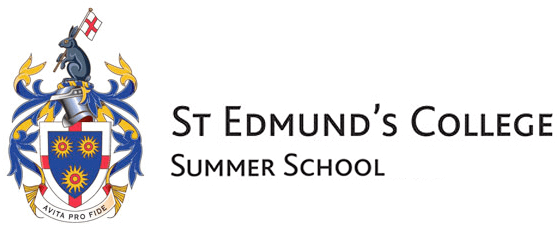Summer SchoolAcademic Sessions
A hybrid programme of English language and 21st Century Skills.
The Global Skills in English Summer School is designed to develop student’s social and intellectual development alongside their English language proficiency. The classes are based on the premise that students learn best when they are actively and thoughtfully engaged both in their immediate surroundings and in the wider world around them.
We do not have a set curriculum or course books that the classes follow. Each week, the teachers plan their lessons ‘from scratch’, with the classes based on that week’s educational excursion.
This summer school programme provides 22 hours of instruction-based teaching per week, a full schedule of on and off-site activities and full day off-site excursions twice a week.
In-class teaching aims to have a student class size of 12 or less students per class.
Session structure
These Global Skills in English sessions take place in the mornings and are divided into three distinct areas, with each focusing on either knowledge, skills or values.
- Knowledge-based sessions are theoretically grounded in the Content and Language Integrated Learning (CLIL) methodology, and involve teaching English as a Second Language alongside other disciplines such as History and Economics. A knowledge-bases session might focus on the history of London, for example, with a review of past tense verbs.
- Skills-based sessions are taught using a Task-Based Learning (TBL) methodology and involve students learning or practising how to complete a real-world skill. This could involve conducting research, planning an activity or giving a presentation – while also learning functional language such as signposting or paraphrasing.
- Values-based sessions encourage students to examine and challenge their worldviews and assumptions through discussion and debate. Language focus might include expressions for persuasion, critique or (dis)agreement.
Excursions
The full-day excursions are an integral part of the academic programme. The teachers accompany their classes on these trips, and the students extend their classroom learning out in the real world.
Each week, the classes are linked to the excursions, so if a class is going to the Shakespeare Globe Theatre, for instance, they may study some of Shakespeare’s works or his impact on the English language in class.
Age groups and class allocations
students are grouped according to their age and English language proficiency. There are three age groups: Juniors (9-11), Middles (12-14) and Seniors (15-17). Within those age groups are numbered classes; the lower the number, the higher the level of English. For example:
| Juniors | Middles | Seniors |
| J1 | M1 | P1 |
| J2 | M2 | P2 |
| J3 | M3 | P3 |
| M4 | P4 | |
| M5 |





